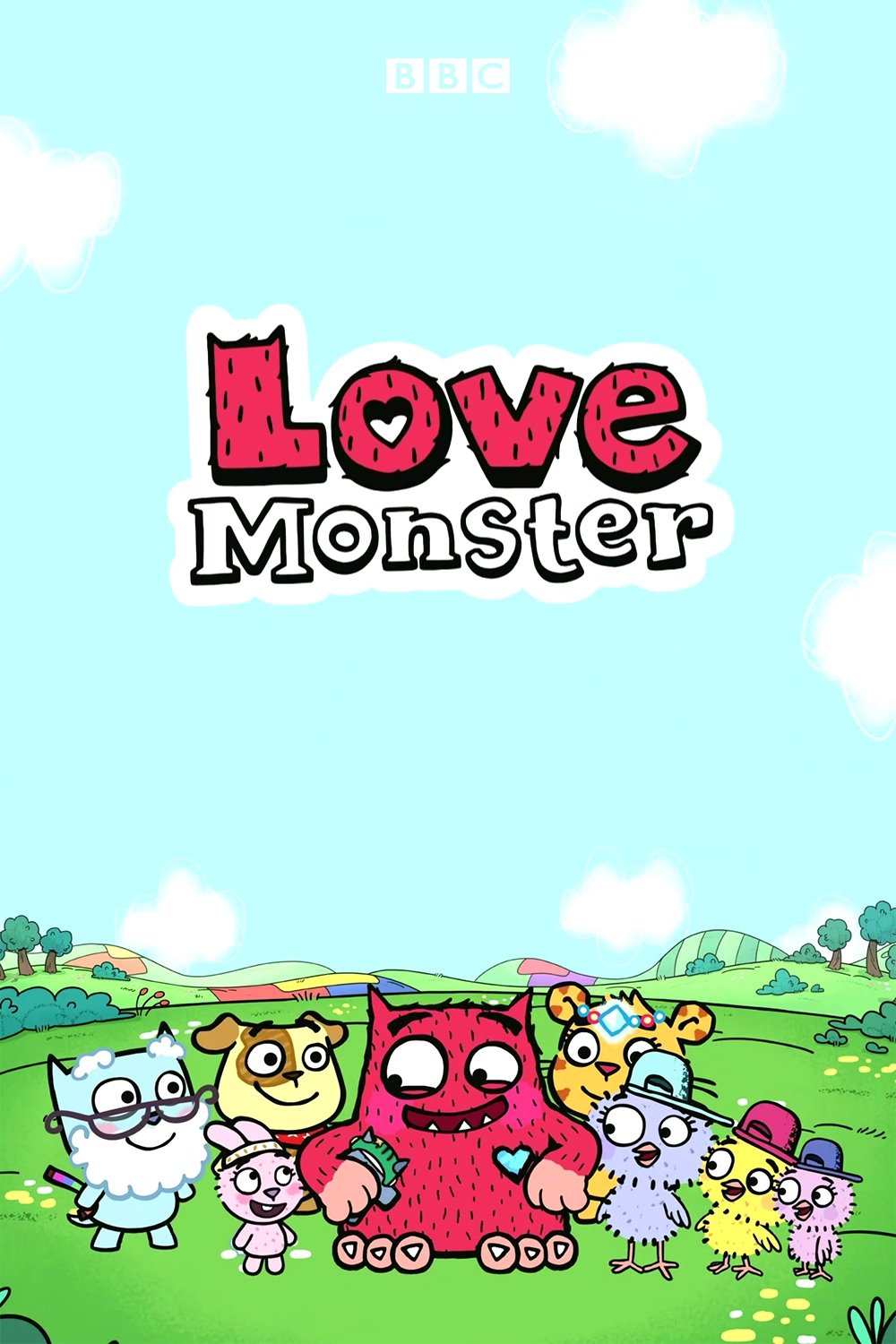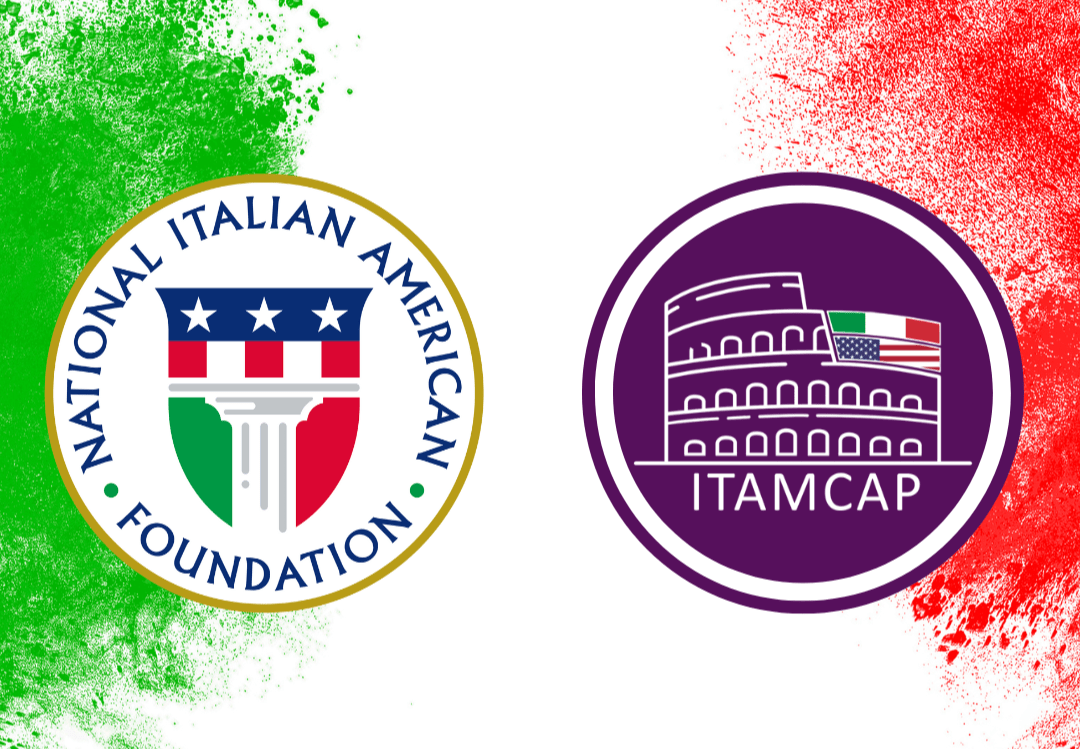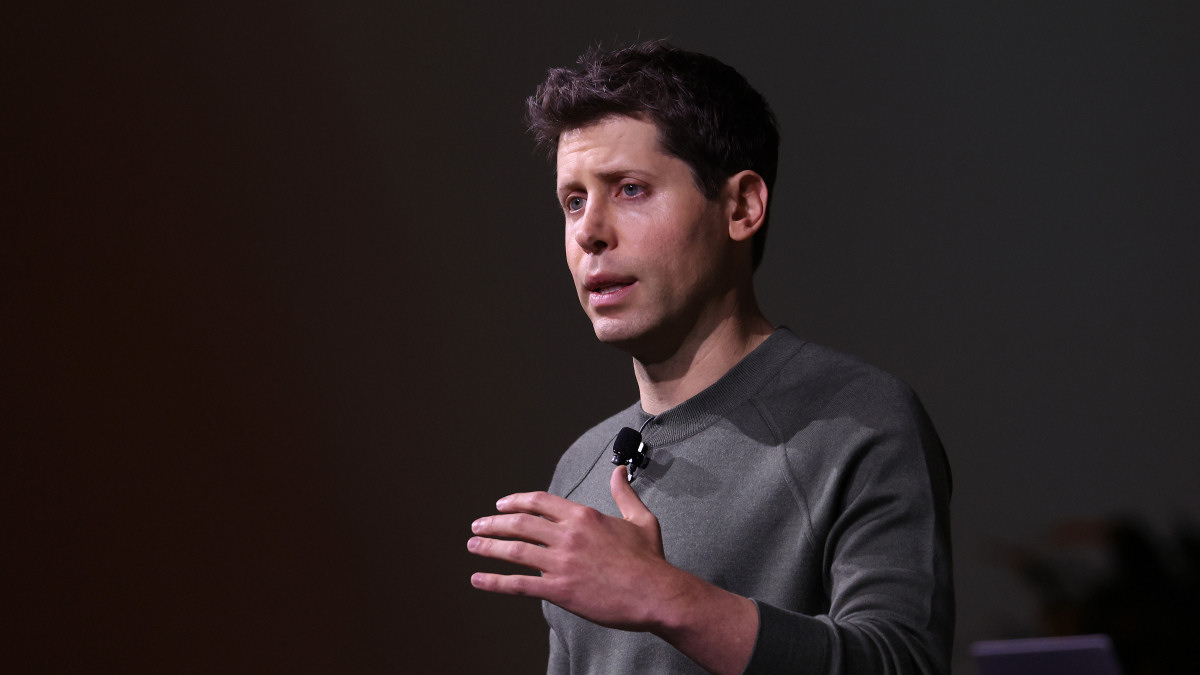The Psychology Behind The Love Monster

Table of Contents
Understanding Attachment Styles and Their Role in Obsessive Love
Attachment theory plays a crucial role in shaping our romantic relationships. Our early childhood experiences significantly influence our attachment style, which in turn impacts how we approach intimacy and connection as adults. The four main attachment styles – secure, anxious-preoccupied, dismissive-avoidant, and fearful-avoidant – each contribute differently to the development of obsessive love.
-
Secure Attachment: Individuals with a secure attachment style generally have healthy relationships characterized by trust, emotional regulation, and healthy interdependence. They are less likely to develop obsessive love.
-
Anxious-Preoccupied Attachment: This style is often associated with obsessive love. Individuals with anxious attachment crave intimacy and validation, leading to clinginess, fear of abandonment, and intense emotional dependence. They may idealize their partners and struggle with self-doubt, making them vulnerable to obsessive behaviors.
-
Dismissive-Avoidant Attachment: While not directly leading to obsessive love in the same way as anxious attachment, individuals with a dismissive-avoidant style may exhibit controlling behaviors and emotional unavailability, creating a dynamic that can be equally damaging. Their fear of intimacy manifests as emotional distance.
-
Fearful-Avoidant Attachment: This attachment style combines the anxiety of preoccupied attachment with the avoidance of the dismissive style. These individuals may experience intense emotional highs and lows, leading to unpredictable behaviors and an increased risk of unhealthy relationship patterns.
Understanding your attachment style is the first step towards building healthier relationships. Many online resources offer attachment style quizzes to help you identify your pattern. [Link to a reputable attachment style quiz]. Recognizing your attachment style helps you understand your relationship patterns and work towards more balanced connections.
The Neurobiological Aspects of Obsessive Love: A Chemical Explanation
Obsessive love isn't just an emotional experience; it has a significant neurobiological component. Neurochemicals play a critical role in shaping our experience of love, particularly its more intense and potentially destructive forms.
-
Dopamine: This neurotransmitter is associated with reward and pleasure. In obsessive love, the brain's reward system is consistently activated, creating a feeling of intense euphoria and craving. This contributes to the addictive nature of obsessive love.
-
Oxytocin: Often called the "love hormone," oxytocin plays a key role in bonding and attachment. High levels are associated with feelings of closeness and connection, but imbalances can contribute to intense dependence.
-
Serotonin: Imbalances in serotonin levels are linked to mood disorders and can contribute to the anxiety, emotional instability, and obsessive thoughts characteristic of obsessive love.
The brain's response to obsessive love shares similarities with addiction. The continuous cycle of reward and craving reinforces the obsessive behaviors, making it challenging to break free. Understanding the neurochemical processes involved can help shed light on the compulsive nature of this phenomenon.
Recognizing the Signs of a Love Monster Relationship: Identifying Red Flags
Identifying the signs of an unhealthy, obsessive relationship is crucial for protecting your well-being. The "love monster" often disguises itself through seemingly romantic gestures that ultimately mask controlling and manipulative behaviors.
-
Controlling Behavior: This might involve dictating who you see, what you wear, or even what you think. Constant monitoring of your whereabouts and online activity is a serious red flag.
-
Jealousy and Possessiveness: Extreme jealousy and a need to possess your partner's time and attention are hallmarks of obsessive love. This can manifest as accusations, unwarranted suspicion, and even verbal abuse.
-
Isolation: A love monster might try to isolate you from friends and family, limiting your social support network and strengthening their control over you.
-
Emotional Manipulation and Gaslighting: This involves twisting your reality, making you question your own sanity, and subtly undermining your self-confidence. Gaslighting is a form of emotional abuse and a critical sign of an unhealthy relationship.
Seeking Professional Help: Breaking Free from the Love Monster's Grip
Overcoming obsessive love and building healthier relationship patterns requires professional support. Therapy provides a safe space to explore the root causes of your unhealthy attachments and develop coping mechanisms.
-
Therapy and Counseling: A therapist can help you understand your attachment style, process past traumas, and develop healthier communication patterns. Cognitive Behavioral Therapy (CBT) is particularly effective in addressing obsessive thoughts and behaviors.
-
Relationship Therapy: If you're in a relationship characterized by obsessive love, relationship therapy can help you and your partner navigate the challenges and establish healthier boundaries.
-
Support Groups: Connecting with others who have experienced similar challenges can provide valuable support and validation.
Seeking professional help is a sign of strength, not weakness. It demonstrates a commitment to your emotional well-being and your ability to build healthier, more fulfilling relationships.
Conclusion
The "love monster" of obsessive love is fueled by a complex interplay of attachment styles, neurobiological factors, and unhealthy relationship dynamics. Recognizing the warning signs and understanding the psychological underpinnings of this destructive pattern is the first step towards breaking free. By understanding your attachment style, acknowledging the neurochemical influences, and actively seeking professional support, you can escape the clutches of the love monster and build healthier, more fulfilling relationships. Learn more about understanding obsessive love, overcoming unhealthy attachment, and building healthy relationships by exploring resources on attachment theory and healthy relationship dynamics. Take control of your emotional well-being and break free from the destructive cycle of obsessive love.

Featured Posts
-
 Het Geen Stijl Abn Amro Debat Betaalbaarheid Van Huizen In Nederland
May 21, 2025
Het Geen Stijl Abn Amro Debat Betaalbaarheid Van Huizen In Nederland
May 21, 2025 -
 5 Podcasts Imprescindibles Para Amantes Del Misterio El Suspenso Y El Terror
May 21, 2025
5 Podcasts Imprescindibles Para Amantes Del Misterio El Suspenso Y El Terror
May 21, 2025 -
 The World Reacts Vybz Kartels Successful Brooklyn Shows
May 21, 2025
The World Reacts Vybz Kartels Successful Brooklyn Shows
May 21, 2025 -
 Half Dome Wins Abn Group Victoria Media Account A Strategic Partnership
May 21, 2025
Half Dome Wins Abn Group Victoria Media Account A Strategic Partnership
May 21, 2025 -
 Finding A New Home Americans Seeking European Citizenship After Trump
May 21, 2025
Finding A New Home Americans Seeking European Citizenship After Trump
May 21, 2025
Latest Posts
-
 16 Million Penalty For T Mobile Details Of Three Year Data Breach Settlement
May 21, 2025
16 Million Penalty For T Mobile Details Of Three Year Data Breach Settlement
May 21, 2025 -
 High Profile Office 365 Data Breach Results In Millions In Losses For Executives
May 21, 2025
High Profile Office 365 Data Breach Results In Millions In Losses For Executives
May 21, 2025 -
 2024 Open Ai Developer Event New Tools For Effortless Voice Assistant Creation
May 21, 2025
2024 Open Ai Developer Event New Tools For Effortless Voice Assistant Creation
May 21, 2025 -
 Executive Office 365 Accounts Targeted In Multi Million Dollar Cybercrime Scheme
May 21, 2025
Executive Office 365 Accounts Targeted In Multi Million Dollar Cybercrime Scheme
May 21, 2025 -
 Building Voice Assistants Made Easy Key Announcements From Open Ais 2024 Event
May 21, 2025
Building Voice Assistants Made Easy Key Announcements From Open Ais 2024 Event
May 21, 2025
